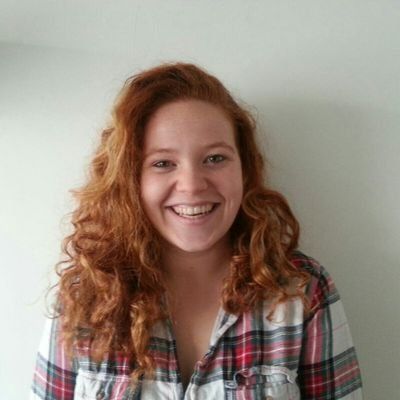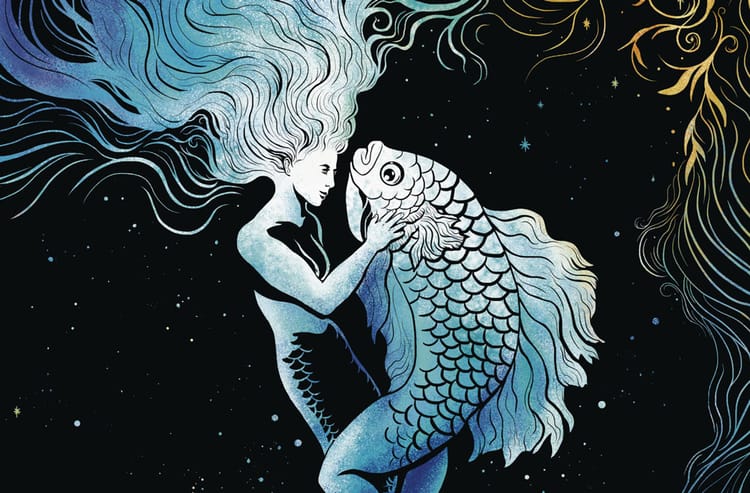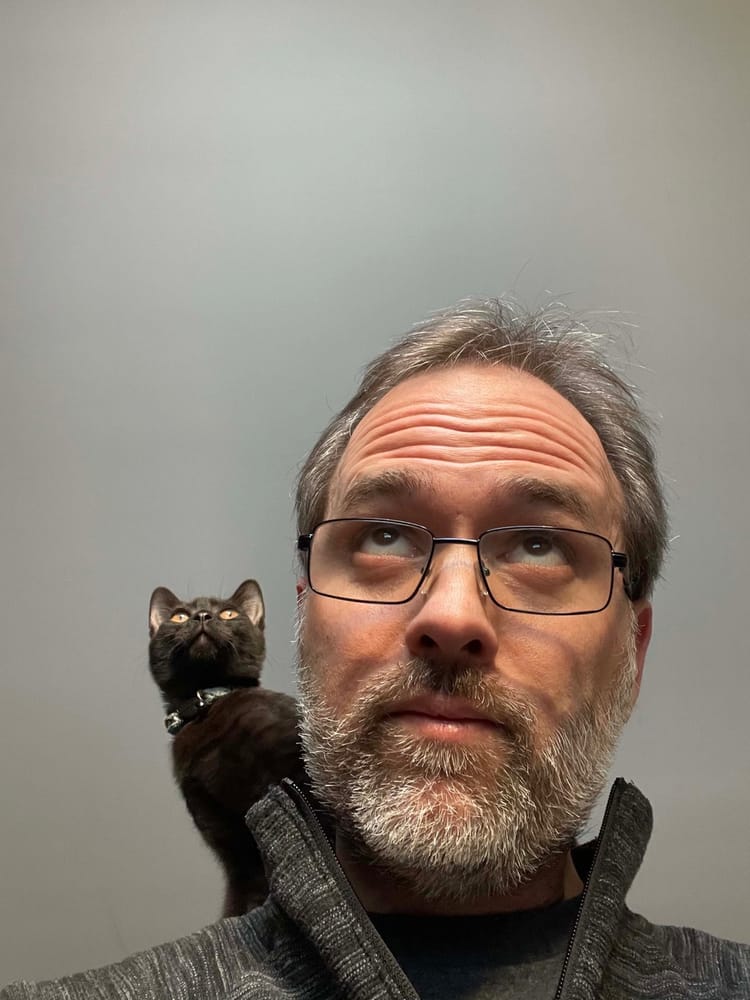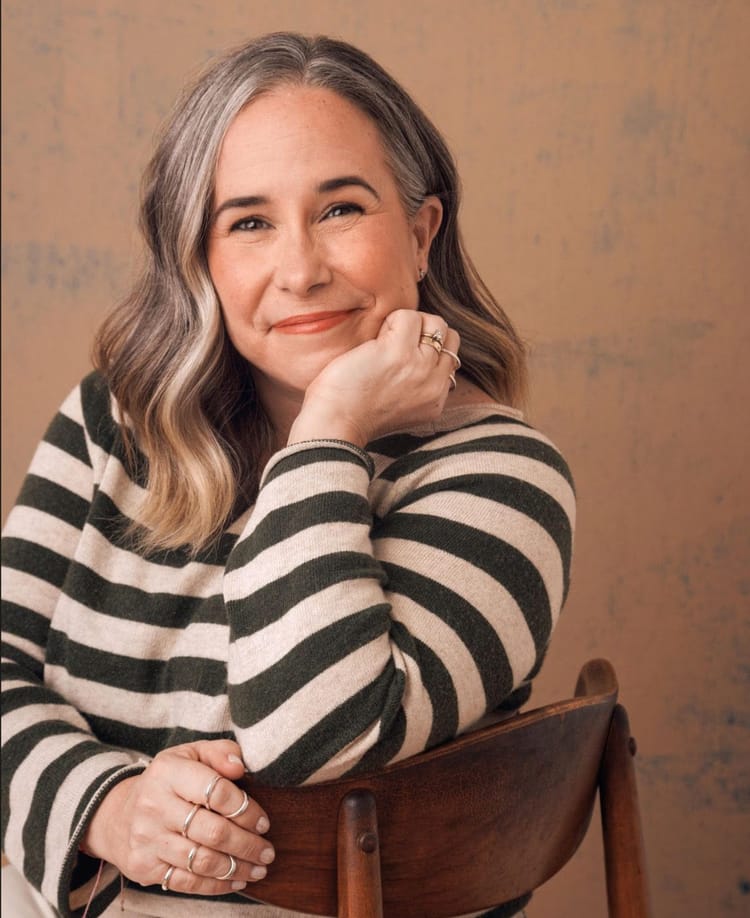Personal Canons: Dragon Rider
In addition to my own reflections and essays purchased from among the many dazzling submissions I received in response to my open call, the Personal Canons series will also feature guest posts from brilliant folks in the writing community. Last time, John Wiswell wrote about Dragon Ball. Today, I’m thrilled to feature Elisabeth Moore.
Elisabeth Moore is a German speculative fiction writer. She lives in Essen with her wife, two cats, and perfect dog, where she is pursuing a dual Masters in Anglophone and German literature. When she’s not writing, she crochets, reads, and hikes. Follow her newsletter for updates.

The idea that a personal literary canon is devised out of only literature has been disproven over and over again in this series of essays. Some people see comics as a key part of their development; others count anime and folktales. The very fact that the personal canon is multifaceted and multi-genre is key to the canon. And so, I want to add a key cornerstone of my canon: the audiobook for Cornelia Funke’s The Dragon Rider, Part 1.
Yes. Only Part 1.
In the early 2000s, when I was spending a lot of time alone in my room listening to audiobooks, audiobooks were sold on CDs. CDs were expensive. And so, as a result, for both my birthday and Christmas, relatives would give me one part of a larger audiobook. They were sold like that, and the understanding was that if you liked Part 1 that you would ask your parents to get Part 2 (and sometimes Part 3 as well) and boom – you listened to a whole book.
The thing is, though, the audiobooks do not make that second part clear. The CD ends with an ominous “this is the end of Part 1”, but it takes an astute reader, and perhaps even a practiced listener, to realize there is a Part 2.
Since I had a variety of Part 1s, it never occurred to me to ask for more. Until The Dragon Rider.
The Dragon Rider is a middle grade fantasy novel about a boy and dragons. It was the first piece of media that I encountered featuring the concept of the extinct dragon, and as a budding dragonologist at the time, this idea immediately caught my attention. The protagonist Ben, his dragon Lung, and a Leprechaun-girl all set out on a magical quest to find a rumoured lost dragon city. The plot takes a turn when there’s a moon-eclipse. Dragons need moonlight to fly, and when the eclipse happens in mid-flight, Lung, Ben and the Leprechaun crash into the ocean
End of Part 1.
I was obsessed! What happened next? I relistened to the CD probably a hundred times, trying to glean from the earlier plot any and all hints about what had happened with the dragons. Could they perhaps have gone blind, and thus, not being able to see the moon, they were unable to fly? I wrote theories in my diary, sketched out possibilities, and told my sister all my speculations with the authorial confidence of an elementary school child first indulging in transformative works.
Finally, I had an epiphany. Perhaps a Part 1 implied a Part 2! I should ask my mother!
My mother, though exasperated with my love of fantasy, bought me Part 2. After months of waiting, finally finally finally I could hear the ending of the story!
The book’s single ending, it turned out, couldn’t compare. I listened to the book in its entirety probably two to three times – a terrible count for my repetition-obsessed ear – and then left it, listless.
The book I had wanted to read was, it turned out, not Cornelia Funke’s The Dragon Rider. It was the book I thought I saw in the first section, a book about absence and longing and futility. A book in which all dragons died, and humans needed to wrestle with the outcome. It was a book in which I was partly the author.
I think about Part 1 of The Dragon Rider a lot. I think about the way it enticed me – the way I hunted for the truth about dragons, the way it made me poke at the very fabric of its own explanations, and the way I searched for more. I can still hear Sasha Icks’ voice, telling me about the eclipse of the moon, the way my young heart beat wildly, and the way I desperately desperately wanted a book, but not that book.
Incomplete texts are the most personal kind of element of our personal canons. Nothing I say here is really about The Dragon Rider. No person reading that book — or even hearing the complete audio version, now readily available on audible.de — would have the same experience as me. My experience is bound not just to the medium (the audiobook) but also to the technology (the CD). Yet it still informed how I read about dragons in literature, and also how I read — full stop. To this day, whether a book is a success or a failure is always down to the Third Act for me. How do you pull together the ending? I don’t want another Dragon Rider: Part 2 situation here.
Personal Canons is a series exploring the works of genre fiction that have shaped us as readers, writers, and people. This series features contributions by established authors, new and aspiring authors, readers, and fans.
Care for yourself and the people around you. Believe that the world can be better than it is now. Never give up.






Member discussion